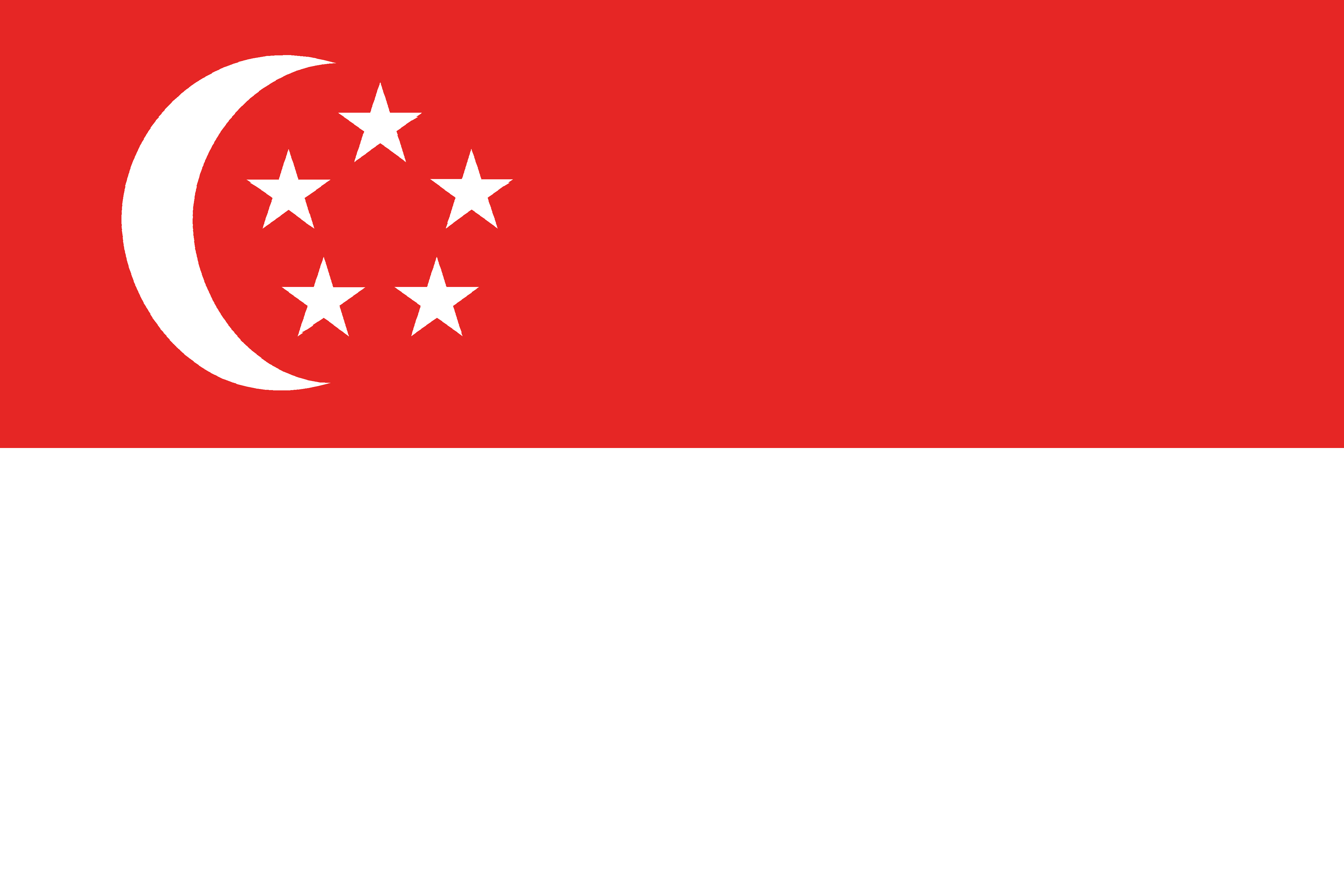
Breadcrumb
Singapore

Capital:
Singapore
Land Area:
687km²
Inland Water Area:
10km²
Length of Coastline:
268km
Since 2009, Singapore has been implementing Integrated Urban Coastal Management (IUCM) based on the Integrated Coastal Management framework advocated by PEMSEA which takes into account Singapore’s unique urban context. The IUCM has four guiding principles: (1) proactive planning and management by optimizing the use of coastal resources, including coastal spaces in a sustainable manner; (2) a Whole-of-Government approach to ensure consultative planning and coordination of policies in coastal and marine land use and planning; (3) active partnerships through community engagement and public awareness programs and; (4) science-based management through research, monitoring, habitat restoration and enhancement programmes.
A multi-agency initiative has been established to formalize and improve existing coordination and cooperation among different agencies related to the protection and conservation of the coastal and marine environment. This initiative facilitates the approval of coastal development projects after passing strict and holistic assessments on developmental and environmental aspects.
Aiming at further protection and sustaining of the coastal and marine environment, the National Environment Agency has continued to formulate and implement stringent enforcement programmes to ensure full compliance with Singapore's Environmental Protection and Management Act (EPMA) and the Environmental Public Health Act (EPHA). The EPMA regulates and controls discharge of wastewater, trade effluents, oil and chemicals into inland waters, drains, land and sea, thereby preventing pollution to the marine and coastal waters. The EPHA regulates the collection, treatment and disposal of solid wastes, including hazardous wastes to prevent pollution of inland and coastal waters.
Singapore’s marine conservation and management strategies are also captured under the Marine Conservation Action Plan (MCAP)—an evolving plan grounded in science to meet the current and future conservation needs of Singapore’s coastal and marine environment. In 2018, Singapore also celebrated 25 years of partnership building with the community in nature conservation. The first community stewardship initiative began with a ground-up project in 1993. Over time, many programmes have been initiated involving more than 40,000 volunteers, citizen scientists, nature advocacy groups, academics and others.
History of Singapore's engagement in PEMSEA.
Focal Points:
Mr Ranjeet Singh (National Focal Point)
Divisional Director (International Policy), Ministry of Sustainability and the Environment, Permanent Representative of the Republic of Singapore to the United Nations Environment Programme